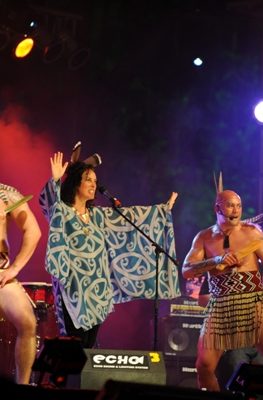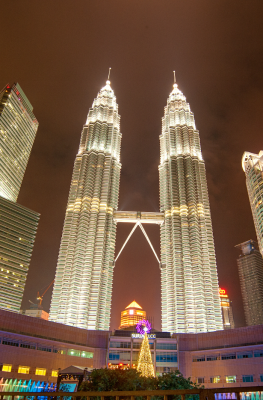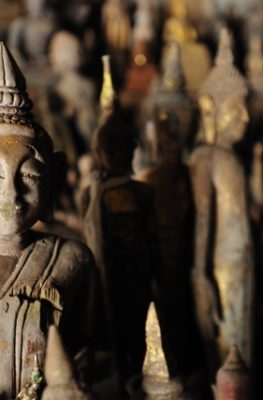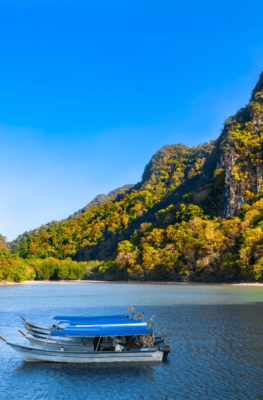Published on June 12, 2014

Although to different degrees of intensity, people all over the world carry out rituals to honor the spirits of their dead relatives, varying from praying to offering food, token money and goods to special ceremonies at pre-set days of commemoration. It plays a major role in traditional African religions and is broadly spread all over Asia.
The dead may be related to the family, a tribe or a village, but might also encompass mythical and heroic ancestors, as well as divine beings like gods and goddesses. When individual members of a family or clan are considered, ancestor reverence might be the appropriate description (showing love and respect); when mythical and deities come into play, ancestor worshipping may be the righteous name (adoration, lionization).
Whatever the name, spirits may be friendly or displeased and need to be appeased by some offering or deeds. The people of Batak on Sumatra island, Indonesia, for instance distinguish between three categories of ancestors’ spirits: patron spirits (mythical) founders of a family or a village; good spirits – souls of relatives who died long ago; and evil spirits – spirits of those who died in recent times and who are enraged because of parting this world and who are thus capable of doing harm to the living.
As it is believed in many parts of Asia that one can earn ‘merit’ based on the sincerity and degree of veneration of one’s ancestors, virtually all inhabitants have a family altar, either inside or outside the house, but regularly found in shops, offices, and bars too. Spirits tend to be all over the place and have to be revered accordingly, since people assign to them every unusual or unaccountable event.
Thus, to prevent and avoid those unlucky events each country within South East Asia at least has one or more festivals dedicated to forebears.
Malaysia’s Mah Meri Ancestral Day is one of those. The Mah Meri community celebrates an annual day of special worship dedicated to the ancestors of the sea.
On a more mythical level, in Vietnam an official public holiday is devoted to the Hung Kings, a dynasty of 18 kings considered to be the founding fathers of Vietnam, whose history is somehow shrouded in mist.
During the festival, known as Gi? t? Hùng V??ng, locals pay homage to the founding fathers by burning ceremonial incense and praying at an altar, erected in their honour in 250 BC in the north of country (Phu Tho), and temples across the country. It is accompanied by dragon parades, drum performances and folk song recitals.
To round it off, in Cambodia it is All Souls Day (Phchum Ben Day), a Khmer religious celebration that is committed to the blessing of the souls and spirits of the dead, which come to receive offering from their living relatives.

Primary Sources: Websites ASEAN National Tourism Organizations; Wikipedia






